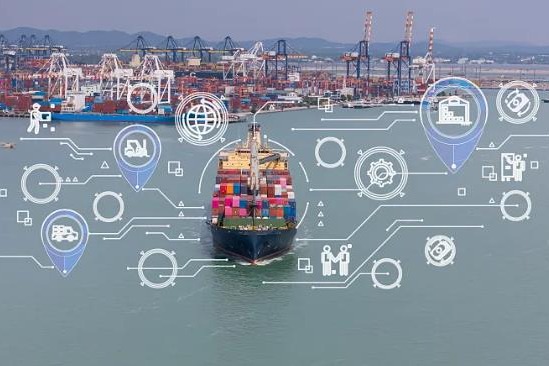Diplomats, scholars and corporate decision-makers gathered in Beijing on Thursday to chart a path toward more resilient global supply chains amid mounting geopolitical headwinds and trade fragmentation.
The 15th CCG VIP Luncheon, hosted by the Center for China and Globalization — a leading Beijing-based think tank, offered a platform for dialogue on strengthening supply chains through trade and investment. The forum brought together participants from 22 countries, including top scholars, ambassadors and executives from multinational corporations.
The gathering was held just days after the conclusion of the third China International Supply Chain Expo, which saw participation from 75 countries and regions. Notably, the number of US exhibitors rose 15 percent year-on-year, maintaining their lead among foreign participants.
At the forum, experts pointed to rising protectionism, unpredictable tariffs and fragmented trade policies as major threats to supply chain security. However, many also expressed cautious optimism about the growing momentum for constructive engagement.
Ji Wenhua, professor at the University of International Business and Economics and a researcher at the China WTO Institute, urged multilateral cooperation over unilateral trade actions, warning that fragmented policies risk long-term disruption. “Unilateral actions are disruptive and exclusionary,” Ji said. “What we need is enforceable multilateral rules and pragmatic bilateral solutions that promote cooperation over confrontation.”
Ji urged like-minded economies to begin laying the groundwork for a multilateral agreement on supply chain security — one that reinforces WTO authority, defines responsible behavior in dominant supply hubs and prevents misuse of national security claims.
Ravi Agrawal, editor-in-chief of Foreign Policy and former CNN senior producer, emphasized China’s central role in global commerce and pointed to the country’s leadership in renewable technologies as a potential asset for broader global cooperation, particularly in developing markets.
“China has the opportunity to lead not only in commerce but also in green technologies,” Agrawal said, citing the country’s advancements in solar, wind and electric vehicles. “If shared more broadly, especially with developing countries, these innovations could be transformational.”
Pakistan’s ambassador to China, Khalil-ur-Rahman Hashmi, called for renewed commitment to WTO frameworks, stressing that multilateral rules are essential to maintaining open, resilient supply chains. “Failure to follow multilateral rules poses the biggest threat to supply chain security,” Hashmi said.
Despite online challenges, Zhao Ping, president of the China Council for the Promotion of International Trade Research Institute, expressed confidence in the staying power of globalization.
“Efficiency and market-driven decisions will continue to power globalization,” Zhao said.
[email protected]
Tanks to chinadaily.com.cn
Please visit:
Our Sponsor
Like this:
Like Loading…
Източник https://bccci.net/bg/feed/
